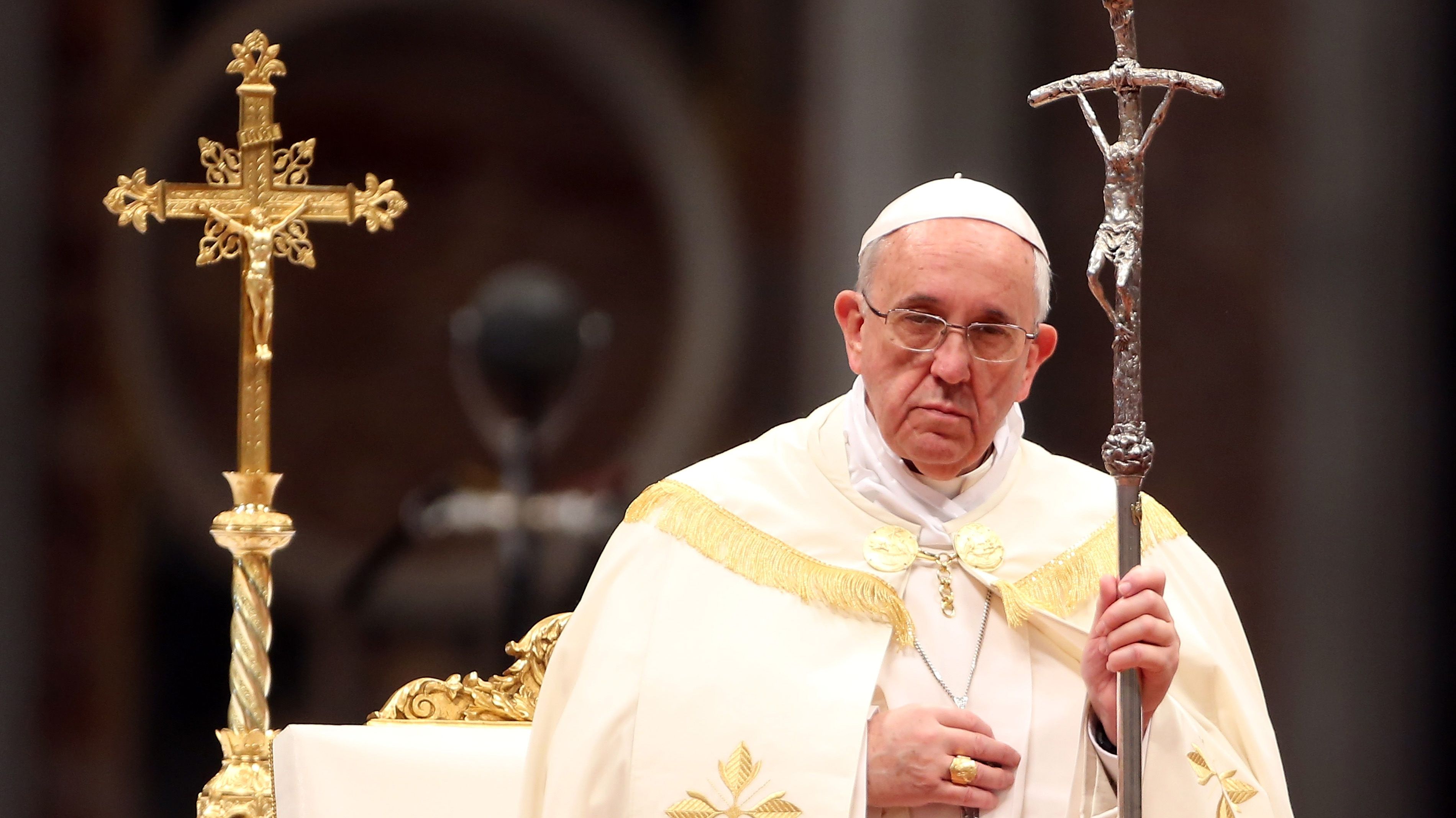Following the death of Pope Francis at age 88, a controversial critique has emerged, accusing the late pontiff of degrading the Church and bearing significant responsibility for the recent rise in global antisemitism. In an opinion piece published in Israel Hayom, Dror Eydar argues vehemently that Israel should refrain from sending high-level representation to the Pope's funeral, citing Francis's actions and statements since the October 7 Hamas attack on Israel.
Eydar's central argument contends that Pope Francis failed the Jewish people in a time of crisis. The piece highlights the Pope's sermon in St. Peter's Square the day after the massacre, criticizing his failure to mention "even once, the atrocities committed by barbarians against the people of God." This silence, Eydar argues, set a precedent for the Pope's stance throughout the subsequent conflict, where he is accused of consistently criticizing Israel with "venomous language" and even questioning whether Israel was committing "genocide" in Gaza. The critique asserts Francis disproportionately emphasized the suffering of children in Gaza while neglecting Israeli children victimized by the attacks.
Furthermore, Eydar draws a stark historical parallel, claiming Francis's alleged antisemitism "rivals only that of Pope Pius XII," who faced criticism for his public silence during the Holocaust. Eydar posits a crucial difference: where Pius XII remained silent, Francis allegedly spoke out against the victims, effectively blaming Israel for the violence inflicted upon its citizens. "We have national dignity," Eydar writes, "especially for our martyrs—the victims of October 7—whom the pope did not mourn but rather blamed their people for their deaths."
The critique extends beyond the immediate conflict, portraying Pope Francis not primarily as a spiritual leader but as a "politician and social activist with socialist, even Marxist, leanings." Eydar suggests Francis steered the Church from reconciliation with Judaism initiated by predecessors like Pope John XXIII. He introduces a "psycho-theological" interpretation, arguing that the historical persecution of Jews fulfilled a Church-assigned role of eternal victimhood, symbolized by the crucifixion. The establishment of Israel, in this view, represents Jewish self-determination and refusal to be victims ("Jesus has come down from the cross... armed"), a shift Eydar claims Pope Francis "never accepted" and actively opposed through his criticism of Israel's self-defense against Hamas.
Eydar also frames Francis's legacy in terms of the Church's future direction, noting his appointment of numerous cardinals from the Global South holding "progressive, anti-Western, and particularly anti-American and anti-Israeli views." This is contrasted with the conservative camp, including followers of the late Pope Benedict XVI, who identified radical Islam as a primary threat to Western civilization. The article accuses Francis of failing to condemn radical Islam or speak out against the persecution of Christians in the Middle East, alleging he reserved his harshest criticism – likened to medieval "blood libels" – for the Jewish state regarding the children of Gaza.
Concluding with a call for Israeli assertiveness, Eydar argues that sending representation to the funeral would betray the victims of October 7. He maintains that the State of Israel remains a "theological scandal" from a traditional Catholic viewpoint that opposes Jewish sovereignty in the Holy Land, a viewpoint he attributes to the late Pope. The piece ultimately frames Pope Francis's pontificate as detrimental to Jewish-Catholic relations and harmful to Israel's legitimacy and security.
